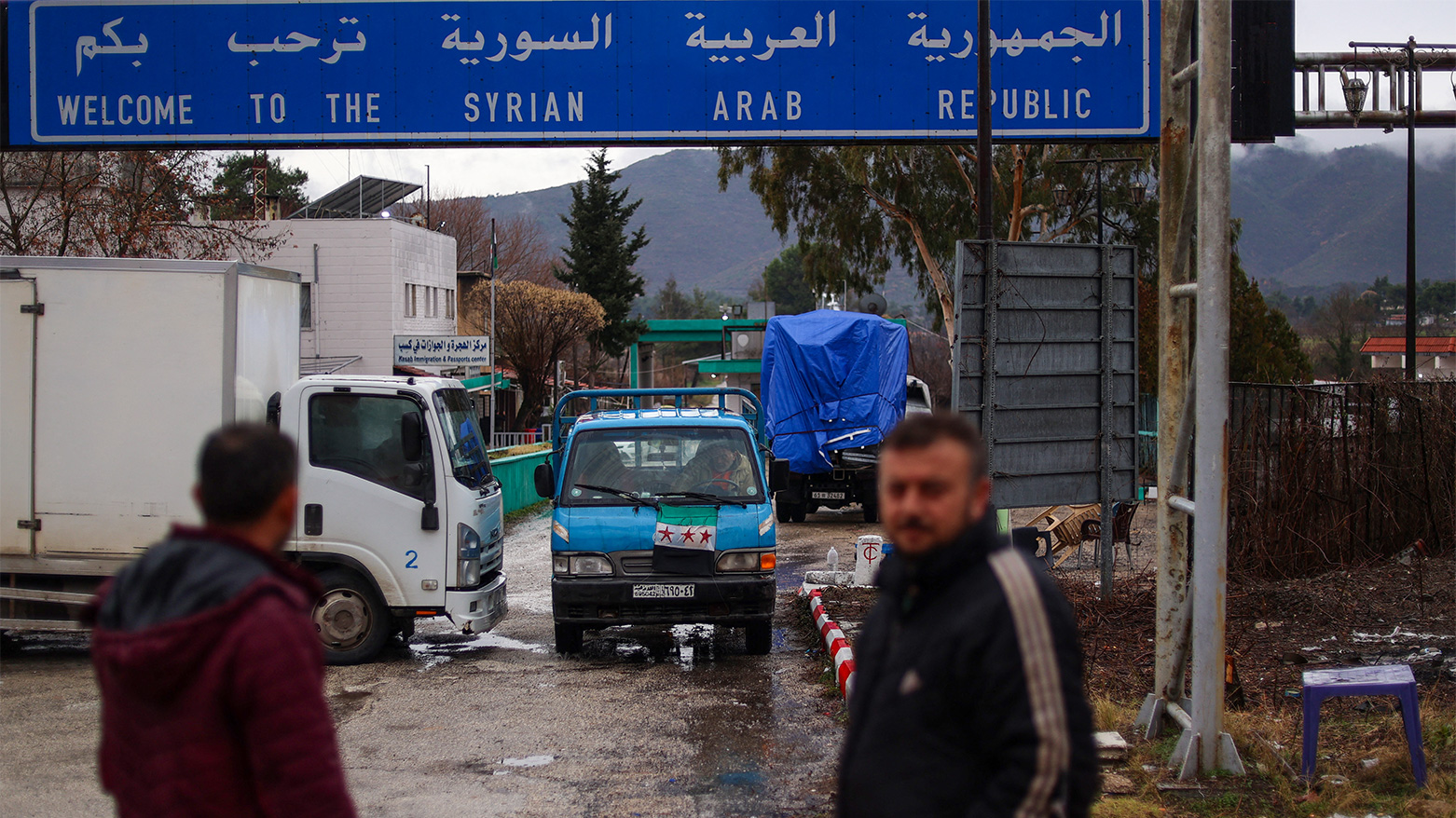Syrian returns through Kurdistan Region reach 948: UN reports
The report highlighted that “Over the past three weeks, 948 Syrians have permanently returned through official processes, including 105 registered refugees with UNHCR.”

Jan. 3, 2025
ERBIL (Kurdistan24) – According to the UN Refugee Agency (UNHCR), nearly 300-400 Syrians are crossing every day through the Peshkabour border crossing in the Kurdistan Region, as part of a larger movement of over 115,000 Syrians returning home since Dec. 8, following the toppling of the Assad regime.
The agency informs that most individuals crossing into the Kurdistan Region are of Kurdish ethnicity, with many specifying they are either making brief family visits or using the region as a transit point before returning to Syria.
The report highlighted that “Over the past three weeks, 948 Syrians have permanently returned through official processes, including 105 registered refugees with UNHCR.”
This movement through the Kurdistan Region signifies part of a broader pattern of returns from neighboring countries.
Turkey has documented 35,113 voluntary returns, while Jordan has reported more than 22,000 people entering Syria through its territory, consisting of 3,100 registered refugees.
The UNHCR has noticed a noteworthy demographic change in returnees, in particular from Jordan, with an increasing number of women and children making the journey.
Some families have reported that male household heads are remaining in host countries for the moment to earn money to support their families' reintegration in Syria.
However, the situation inside Syria remains complex.
Nearly 664,000 people are still newly displaced across the country, mainly in Idlib and Aleppo governorates, with women and children comprising 75 percent of this population.
The UNHCR has emphasized current security challenges, including armed clashes, increased criminal activity, and unexploded ordnance, which continue to influence decisions about return.
The Assad regime's collapse in the last month of 2024 marked a historic turning point in Syria's civil war, which began in 2011 and drove millions from their homes.
The Kurdistan Region has historically played a vital role in providing refuge for displaced Syrians, in particular for those of Kurdish ethnicity, upholding an open-border policy throughout the conflict.
The region's geographic position and cultural ties to Western Kurdistan (Rojava) have made it an important transit point and safe haven for Syrian refugees throughout the crisis.